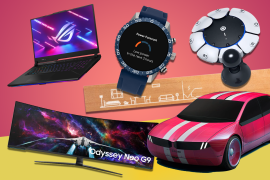The CES Hot 10
Meet the 10 gadgets that rocked our week in Vegas
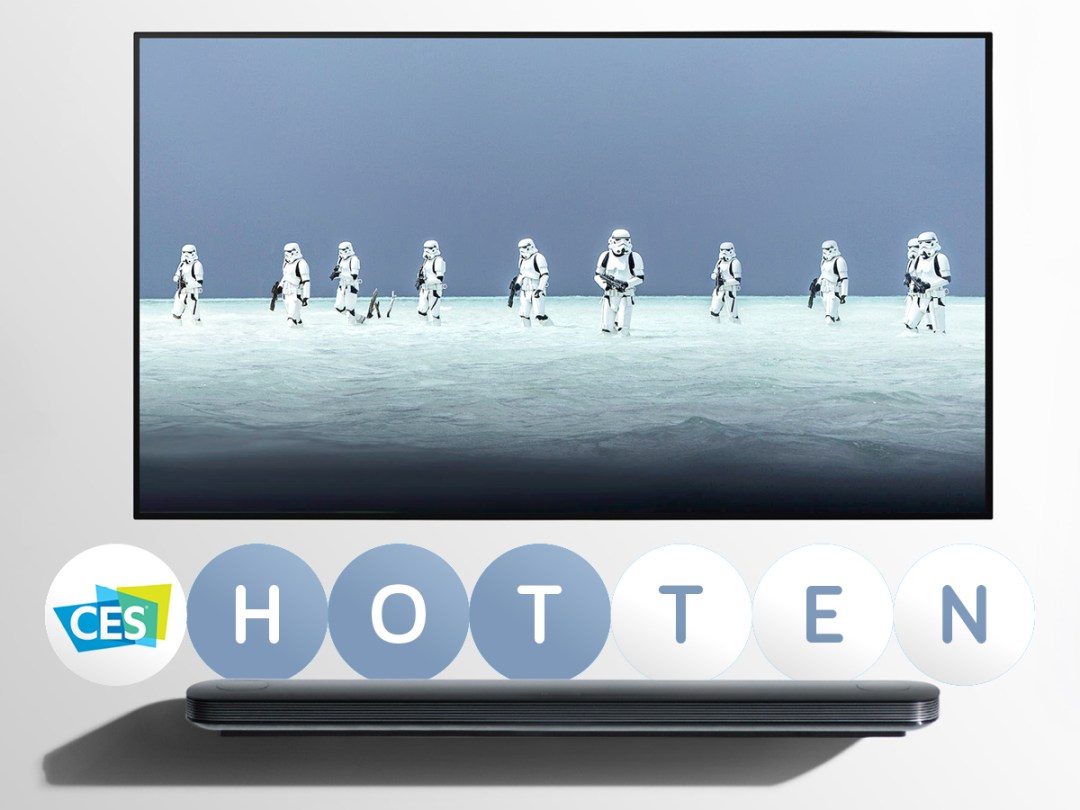
And, relax: it’s just about over for another year.
No, not Christmas – we’re talking about CES, the gadget extravaganza that every year descends on Vegas to deliver its bumper haul of shiny, new tech.
As the pixels settle on yet another year’s gadget marathon, it’s time to make head and tail of the tech that emerged from beneath closely guarded wraps in 2017.
The good news? We’re here to offer up the 10 hottest bits of kit we saw on the Vegas show floor.
LG makes a paper-thin OLED TV
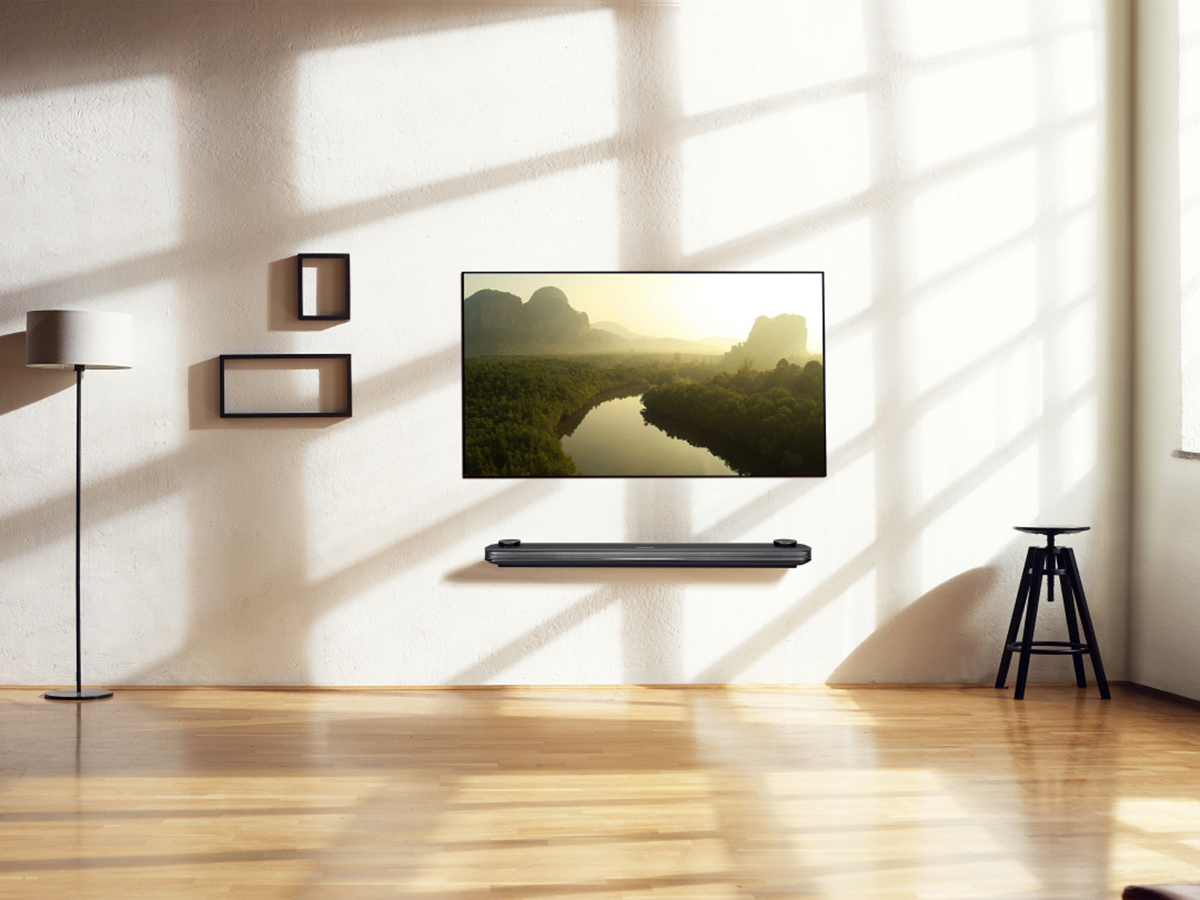
We’ve been big fans of LG’s OLED sets since they launched – and the Korean manufacturer’s Signature W telly is easily its prettiest yet.
Oh, sure, it’ll do 4K HDR without breaking a sweat, not to mention Dolby Atmos support via the bundled soundbar, but the real beauty of the thing is how preposterously thin it is.
Despite packing a 77-inch display, it’s just 2.57mm deep. Oh, and it mounts flat against the wall using magnets. Wondering what that ‘W’ stands for? It’s wallpaper.
Barely there › LG’s new flagship TV is extraordinarily thin
Motiv puts fitness on your finger
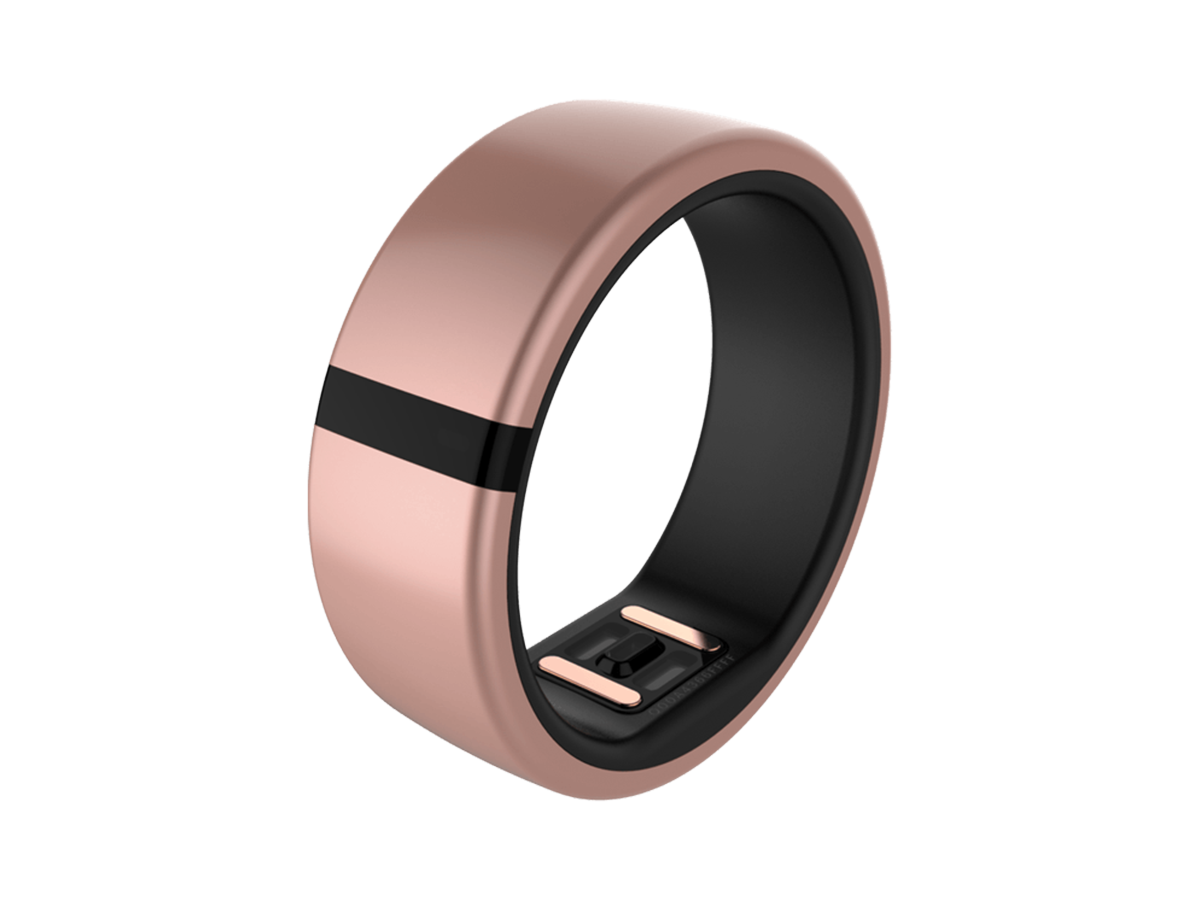
Like them or not, wearables are here to stay – and there’s no better evidence of just how much they’re entering our lives than this clever ring from Motiv.
A fully fledged fitness tracker, slip it on a digit and it’ll measure your heart rate, track your steps and sense your sleep – all for the cause of motivating you towards 150 minutes of activity per week.
More impressive, still, is the purported battery life of up to 5 days, thanks to a bespoke cell that fits within the curved shell. Rumours of a diamond edition are unconfirmed.
And the winners are › Stuff CES 2017 Wearable Tech Awards winners announced
Misfit makes a proper fitness smartwatch
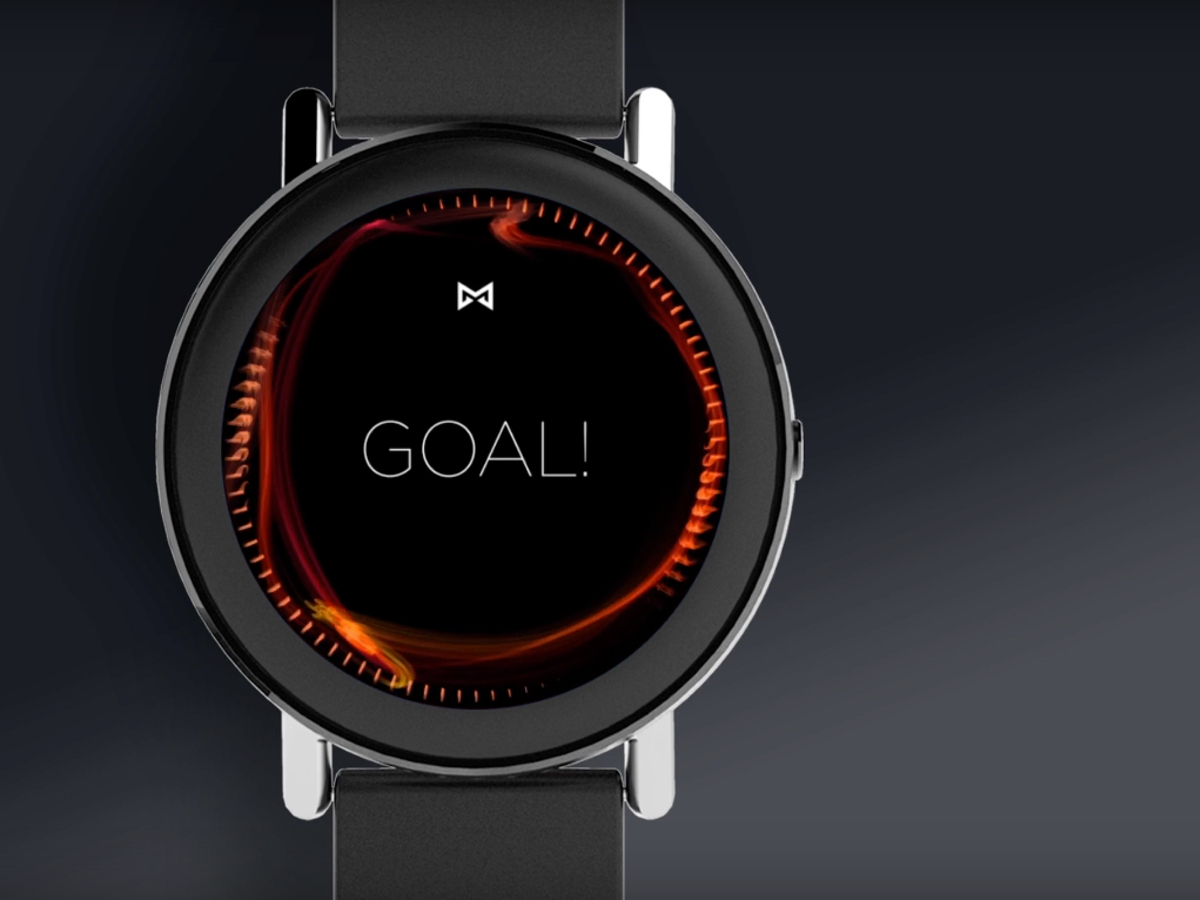
Accomplished wearable-maker Misfit is back at it, with arguably its best tracker to date. Meet the Vapor: a properly clever ticker equipped with on-board GPS, a heart rate monitor and a two-day battery life.
Cooler, still, is the virtual bezel, which functions as something of a scroll-wheel around the circular AMOLED display. It’s different and, if it works, could set the Vapor apart from kit such as the Moto 360.
Given the form of previous Misfit kit – including the Shine and the Ray – we can’t wait to give the touchscreen Vapor a try.
LG puts robots in your home
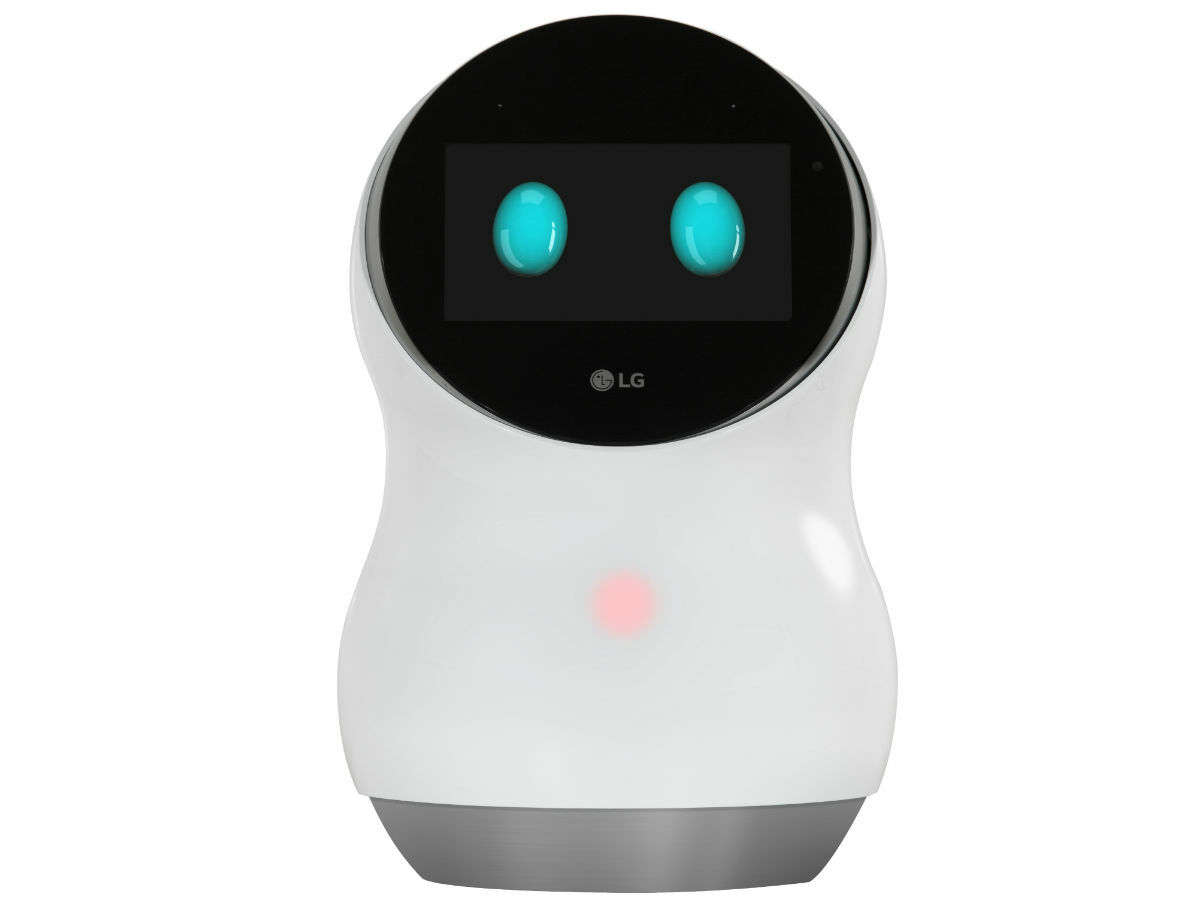
Yes, there’s a chance that they’ll overrun our planet and turn us into their human slaves – but, for now, these curvy little critters are a properly cute way to connect you smart home kit.
With Amazon’s Alexa voice tech inside, the Hub Robot can do it all – from adjusting the thermostat to dimming the lights. When you’re not heckling it, it’ll show updates, reminders and more on its face.
Before you start worrying that it’s merely a dressed-up Echo, just know that the Hub ‘Bot is aware of your movements and can recognise people with unique greetings – not to mention its army of assistant mini-robots.
Future overlords › Meet the deceptively adorable members of LG’s robot squad
Razer creates a three-screen gaming laptop
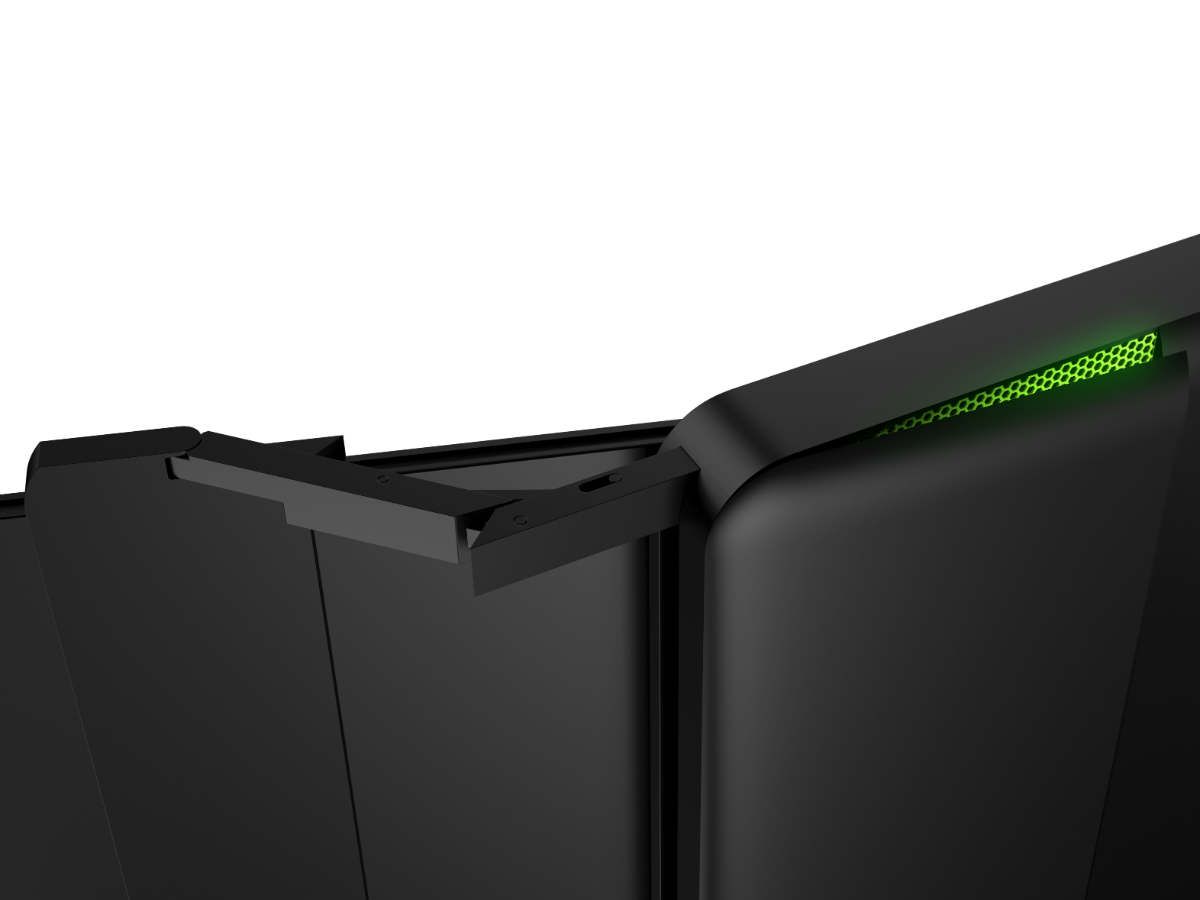
If your first question is “why”, Razer’s answer is surely “why not?”
Roughly as deep as two Razer Blade Pros, Project Valerie weighs around 5.5kg – which, given the two displays it sprouts at the touch of a button, is surprisingly lightweight.
What could one do with a triplet of 17-inch 4K displays? Well, besides dabbling in day trading and becoming a master of multi-tasking, it ought to give you all the screen real estate you’ll ever need to supercharge your on-the-go gaming.
It’ll also be a boon for creative types, given the 24,883,200 pixels on offer – all of which are 100% Adobe RGB colour accurate.
Gaming trinity › Razer’s Project Valerie is a three-headed beast of a laptop
Asus squeezes 8GB of RAM into an AR-ready smartphone
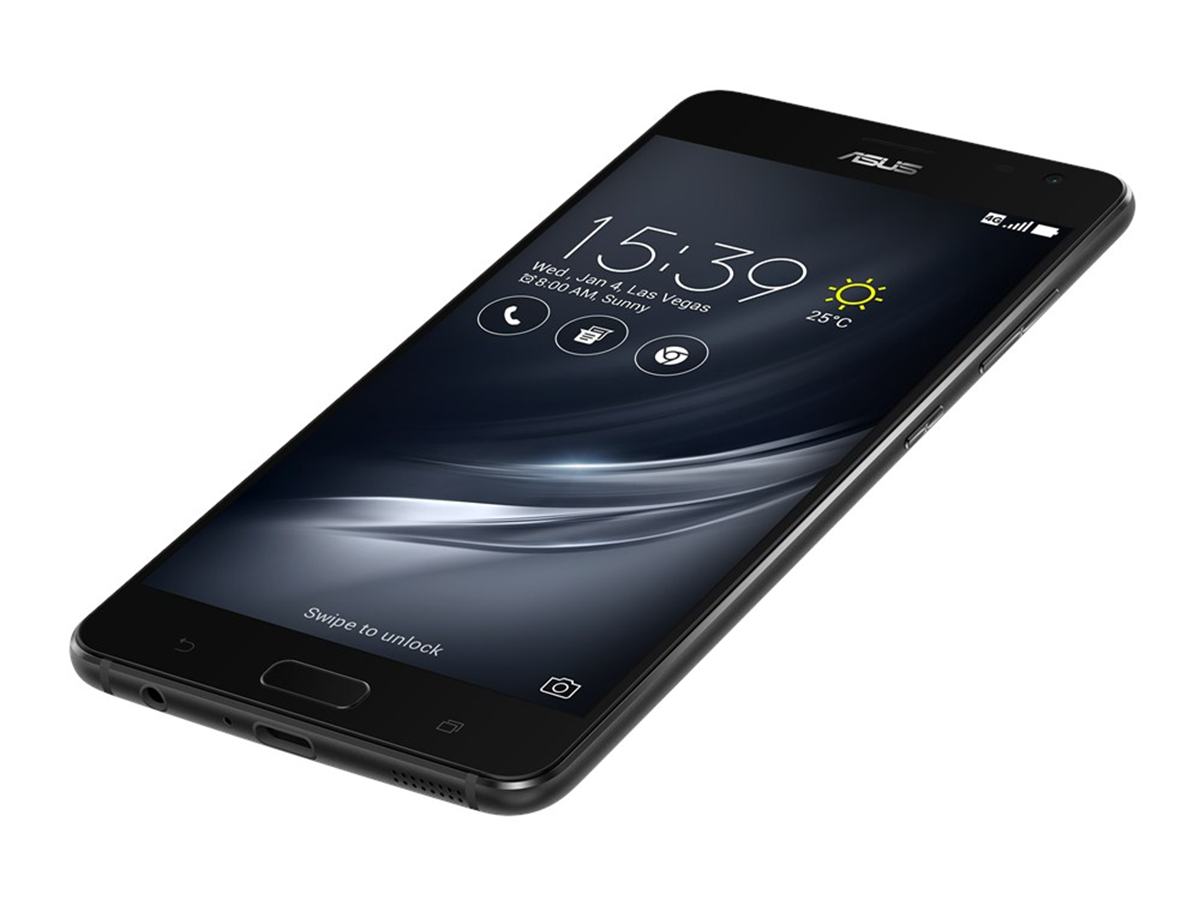
Say hello to the first Tango and Daydream-enabled phone to be launched, the ZenFone AR. What’s AR? Augmented reality, of course, and it’s potentially world-changing tech, being led by Google’s Tango project.
What’s special about this new ZenFone is the fact that it also runs Google’s Daydream VR tech – making it the only mobile currently capable of handling both VR and AR.
Does it work? Yes, thanks to a whopping 8GB of RAM and a dual-lens camera setup, alongside a Snapdragon 821 processor and 5.7-inch AMOLED display. All in a 4.8mm-slim slab. This could be a game-changer.
Dell flips its ultrabook, creates a hybrid Windows 10 powerhouse
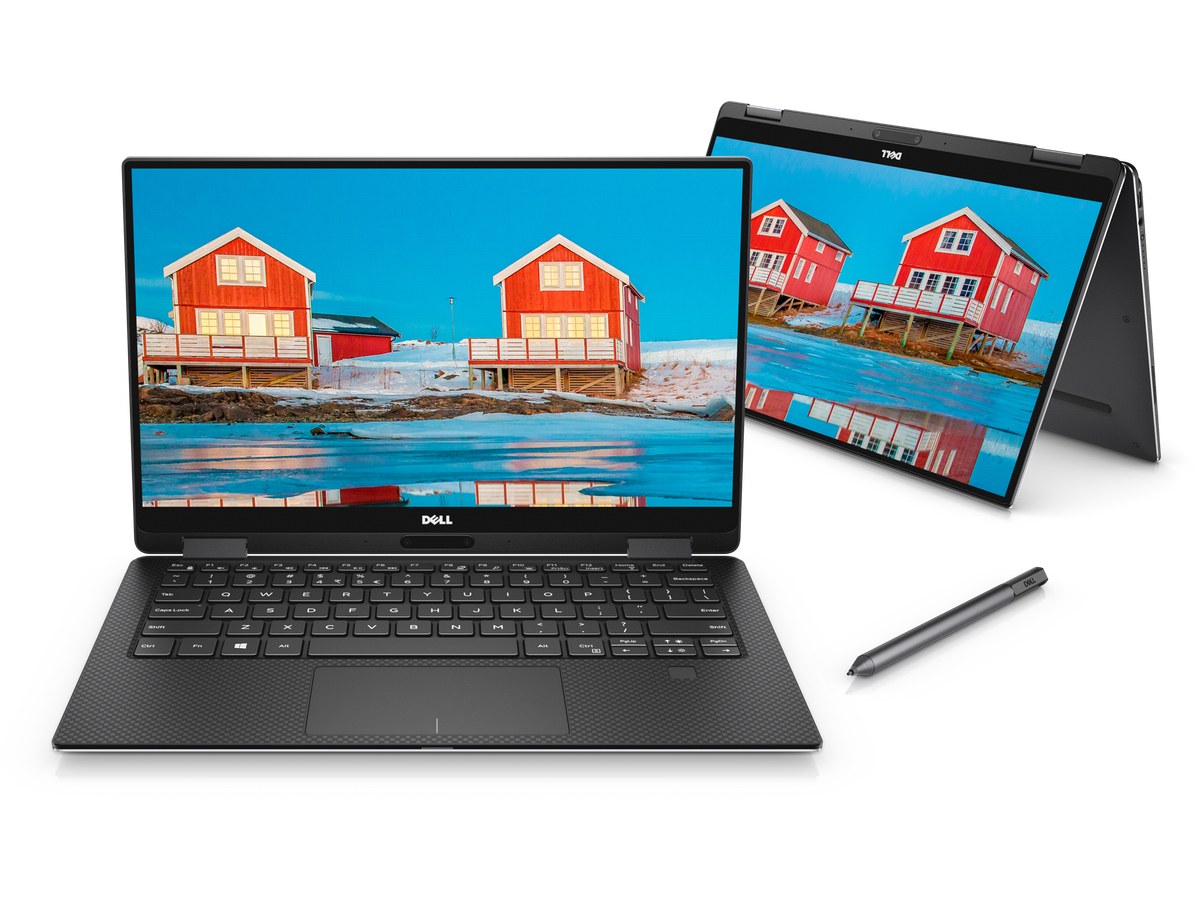
Dell’s XPS 13 ultrabook was already a stellar sliver of portable computing power. Now, though, the American manufacturer has flipped things up a notch, by transforming it into hybrid.
With an options lineup that includes Kaby Lake i5 and i7 chips, and up to 16GB of RAM, it’s unlikely to be a layabout – while a carbon fibre and aluminium body means it’s no heavyweight, either.
In fact, Dell reckons it’s the smallest 2-in-1 laptop in the world – and probably one of the most powerful tablets you can poke.
Flipping great › Dell’s new XPS 13 is a 2-in-1 hybrid powerhouse
HTC Vive Tracker puts everyday objects into glorious VR
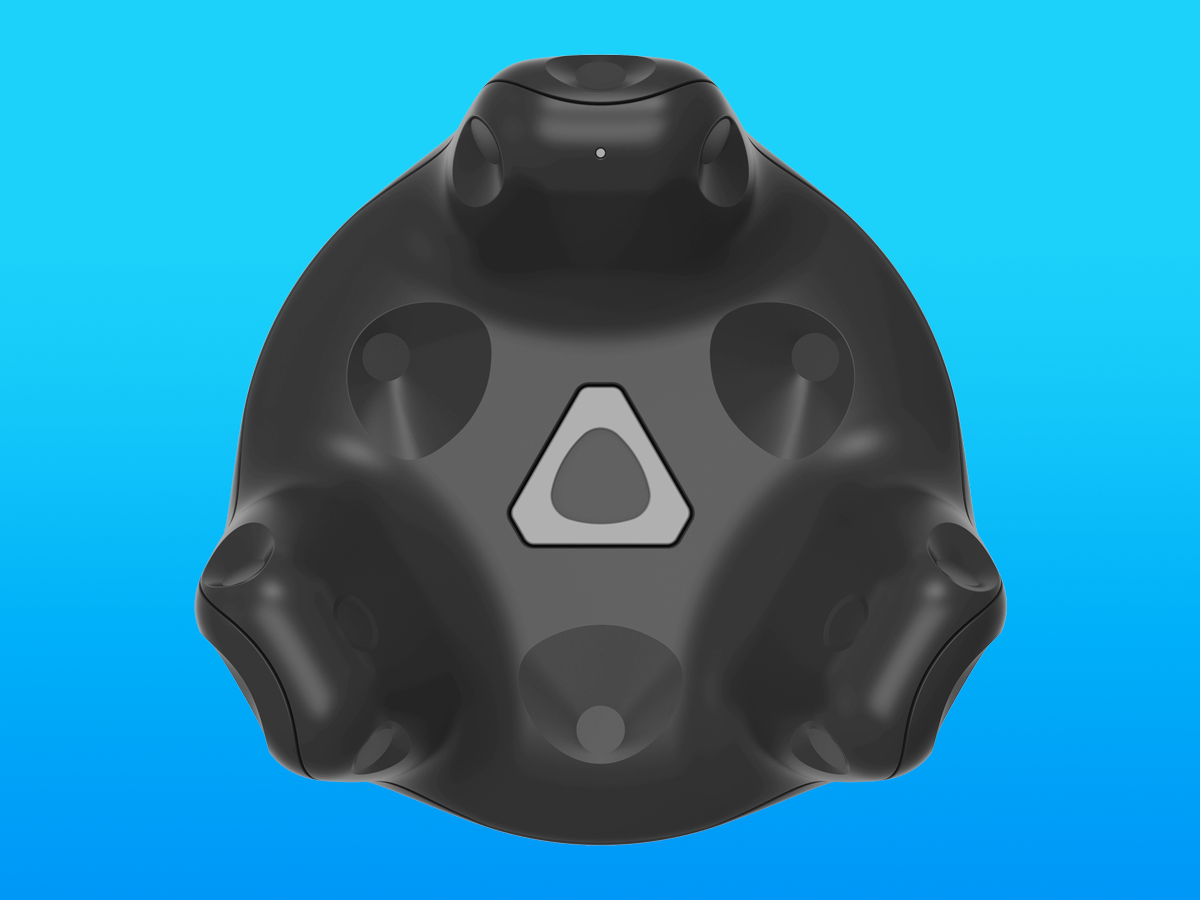
It’s no secret just how much we love HTC’s Vive VR headset. Sometimes, though, we wish we could just pick things up and use them in VR. You know, like a shoe. Or a slice of cake.
Well, now that’s possible with the Vive Tracker. Stick the little puck on any object you’ve got lying around in your play den and, with the magic of Bluetooth, it’ll zap into the virtual world.
The only restrictions? A six-hour battery life and a rapidly withering bank balance.
Faraday Future unveils an electric SUV that’ll win every round of Top Trumps
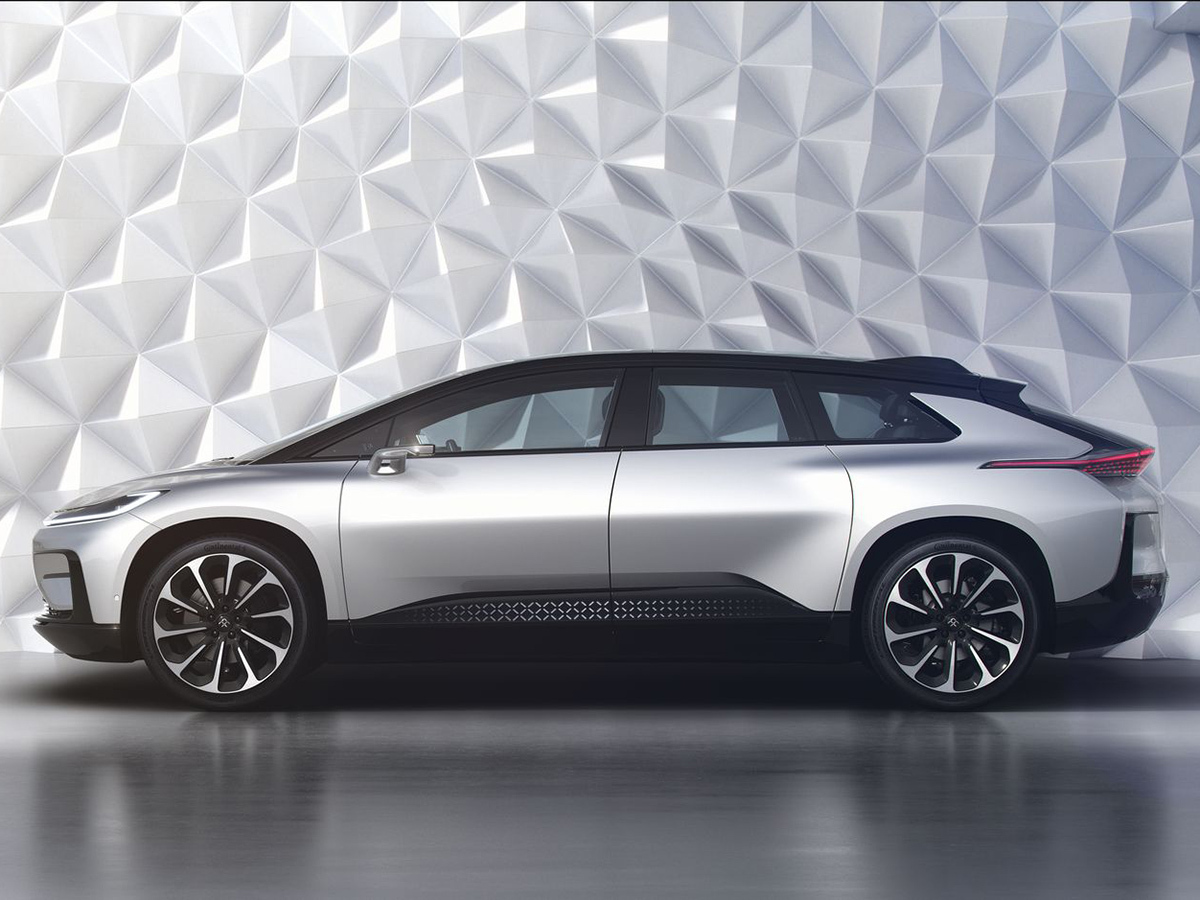
Set aside the fact that this car runs on electricity and the headline stats are still astounding: 1050 horsepower and 0-60mph in just 2.39 seconds.
Throw in the fact that Faraday Future’s FF91 can do 378 miles on a single charge – not to mention a design that’s straight out of sci-fi – and this SUV starts to look like one serious motor.
What’s more, it’s crammed to the windows with tech. Think: 10 cameras, 13 radars and 12 ultrasonic sensors. Move quickly, though – only 300 are being built.
Lego connects its bricks to a tablet to get kids coding
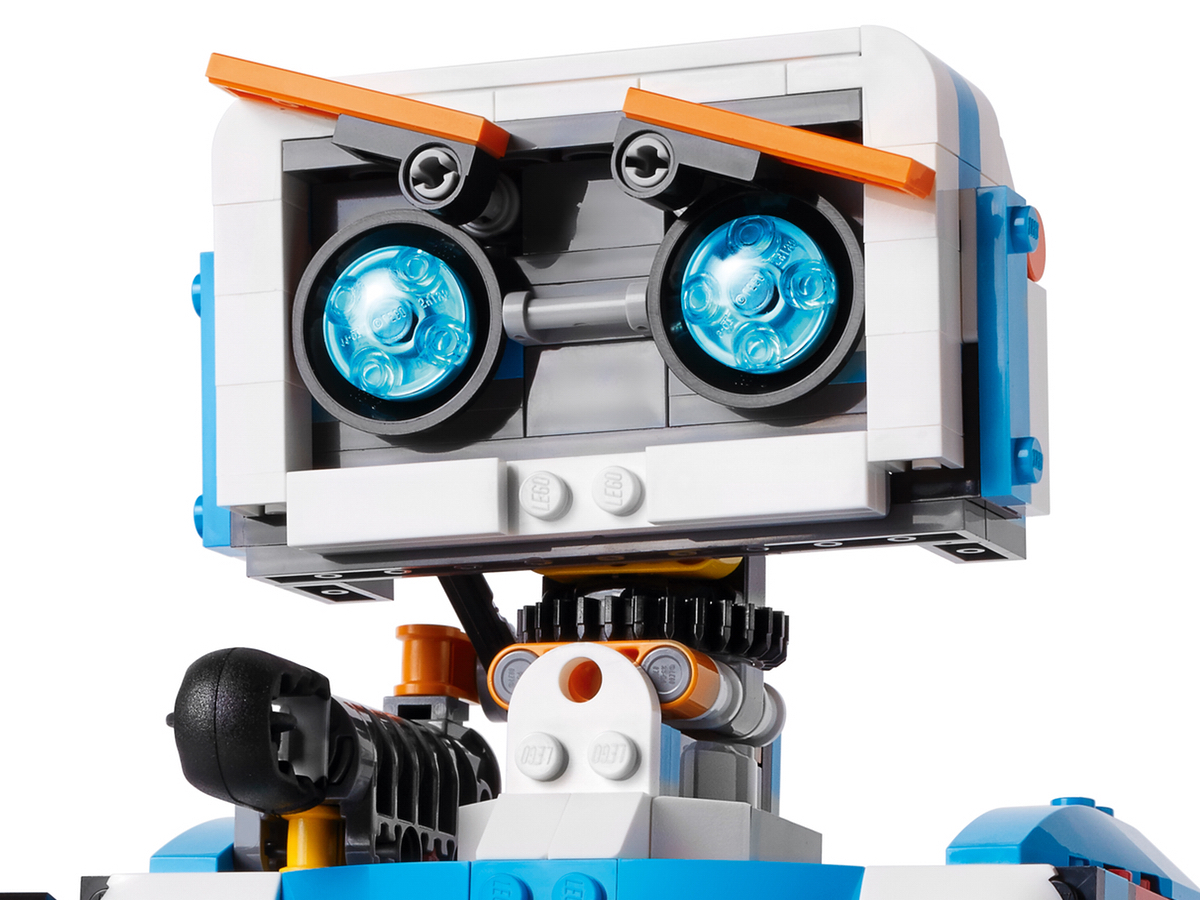
Sure, we’ve seen what Mindstorms can do, but this is next-level tech. Lego Boost is connecting bricks to young brains via the medium of the humble tablet.
How? Well, build one of the five models and you’ll be able to program it using the icon-based app interface – from pitch-bending on the Guitar4000 to controlling Vernie, a 27cm-tall ‘bot.
Better still, the kit is brimming with sensors that’ll detect colour, distance and tilt, as well as an interactive motor. It’s brick-building for the 21st century and we can’t wait to try it.
Connected blocks › Lego Boost brings tablet tech to your brick creations



